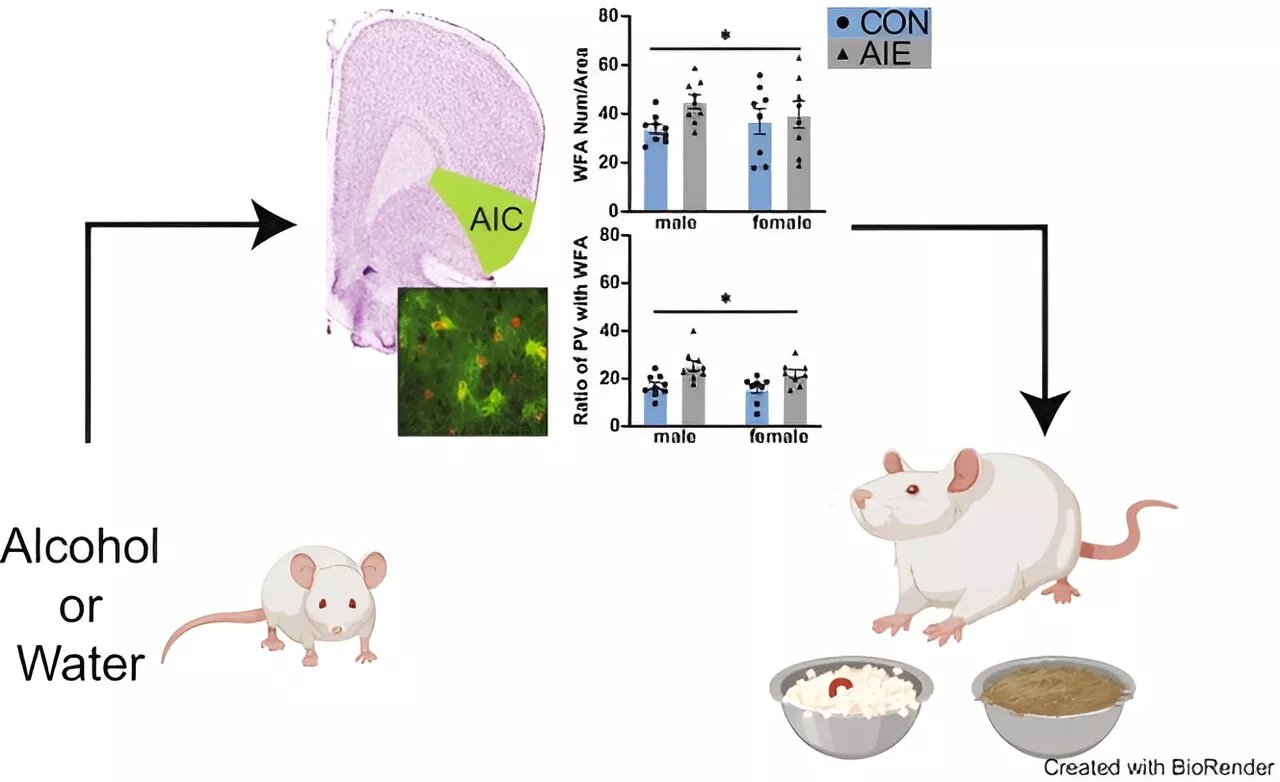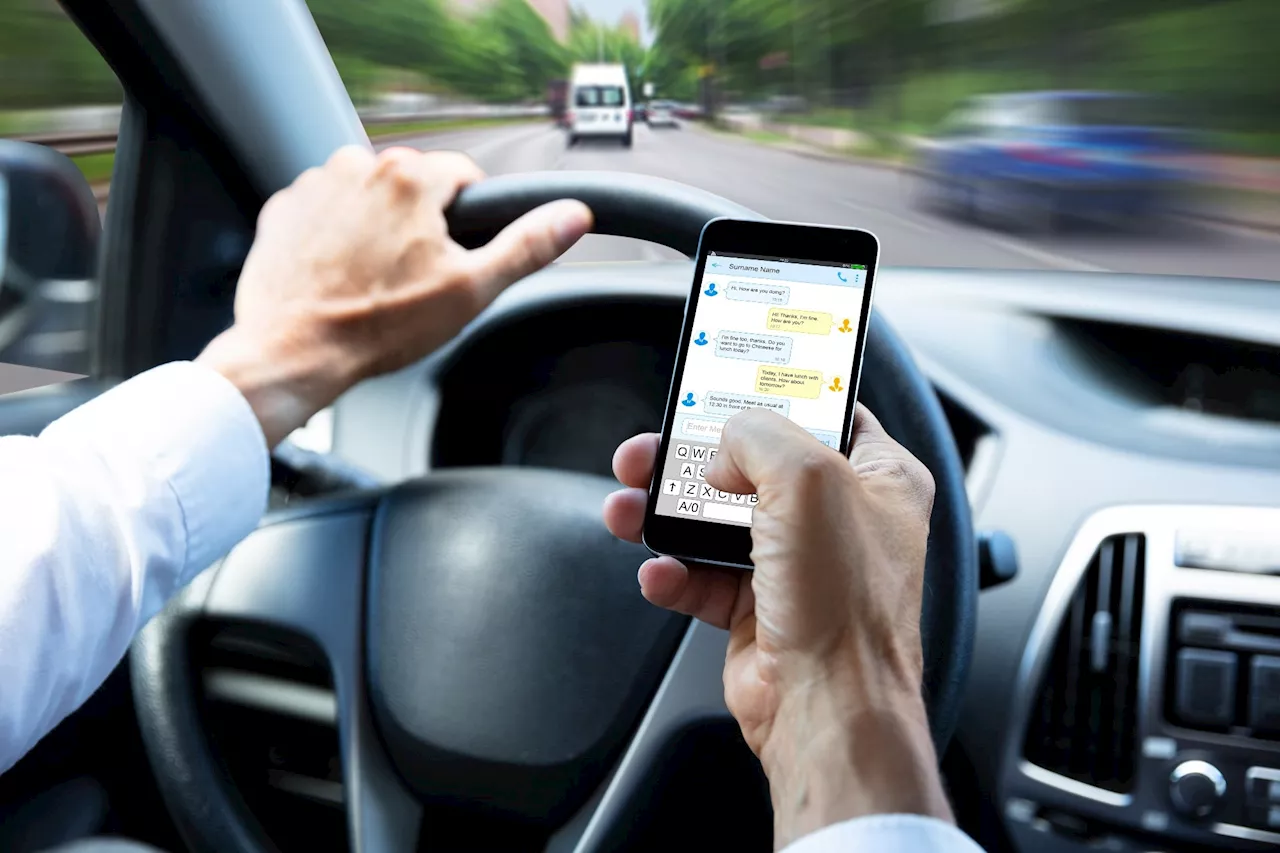A study in the Proceedings of the National Academy of Sciences shows behavioral interventions and financial incentives effectively reduce distracted driving by limiting handheld phone use.
By Dr. Priyom Bose, Ph.D.Reviewed by Benedette Cuffari, M.Sc.Aug 4 2024 A recent Proceedings of the National Academy of Sciences study evaluates the effectiveness of behavioral interventions to reduce distracted driving.
Naturalistic studies have shown that all phone use is not equally risky. Although both handheld and hands-free phone use promotes cognitive distraction, handheld phone use is associated with greater visual and physical distraction. Researchers estimate that handheld phone use increases the risk of accidents by 2-12%, whereas hand-free phone use does not appear to increase the risk of a crash.
Thus, UBI provides an incentive to drivers to reduce their use of handheld phones while driving. In fact, one recent study revealed that UBI promoted 23% less hand-held phone use; however, this change in behavior was not sustained for a prolonged period. The control group only received information about how handheld phone use makes driving less safe, whereas arm two received a free phone mount. Arm three received an additional commitment exercise and habit formation tips three times each week for the first two weeks and once every week for the remaining eight weeks.
Study findings A total of 1,653 eligible participants were randomly assigned to the five study arms. Of these, 1,436 completed a survey questionnaire. The mean age of the study cohort was 32.8 years, and 66.5% of them were female.
Nigeria Latest News, Nigeria Headlines
Similar News:You can also read news stories similar to this one that we have collected from other news sources.
 Anger over Astrea Academy Trust's 'draconian' morning routine at St Neots' Longsands AcademyThe routine has been compared to practices in the military or in jail, but the school says it will improve behaviour issues.
Anger over Astrea Academy Trust's 'draconian' morning routine at St Neots' Longsands AcademyThe routine has been compared to practices in the military or in jail, but the school says it will improve behaviour issues.
Read more »
 Teen alcohol exposure impairs behavioral flexibility and learning, shows persistent effects on brain chemistryRats with alcohol exposure in adolescence are less able as adults to adapt their behavior in changing circumstances, according to a study that highlights the possible brain mechanisms involved. The findings may help us better understand ways that alcohol use during the teen years can lead to long-lasting cognitive and behavioral impairments.
Teen alcohol exposure impairs behavioral flexibility and learning, shows persistent effects on brain chemistryRats with alcohol exposure in adolescence are less able as adults to adapt their behavior in changing circumstances, according to a study that highlights the possible brain mechanisms involved. The findings may help us better understand ways that alcohol use during the teen years can lead to long-lasting cognitive and behavioral impairments.
Read more »
 Behavioral pain self-management intervention effective for chronic pain with HIVA behavioral pain self-management intervention is effective for chronic pain in people living with HIV, according to a study published online July 15 in JAMA Internal Medicine.
Behavioral pain self-management intervention effective for chronic pain with HIVA behavioral pain self-management intervention is effective for chronic pain in people living with HIV, according to a study published online July 15 in JAMA Internal Medicine.
Read more »
 Study finds web-based cognitive behavioral therapy aids bulimia outcomesA web-based, cognitive behavioral self-help intervention effectively cuts bulimia nervosa symptoms, according to a study published online July 3 in JAMA Network Open.
Study finds web-based cognitive behavioral therapy aids bulimia outcomesA web-based, cognitive behavioral self-help intervention effectively cuts bulimia nervosa symptoms, according to a study published online July 3 in JAMA Network Open.
Read more »
 Academic psychiatry urged to collaborate with behavioral telehealth companiesThe strengths of academic psychiatry departments and the fast-growing private telehealth sector are complementary, according to a Perspective article published in Harvard Review of Psychiatry.
Academic psychiatry urged to collaborate with behavioral telehealth companiesThe strengths of academic psychiatry departments and the fast-growing private telehealth sector are complementary, according to a Perspective article published in Harvard Review of Psychiatry.
Read more »
 Smartphone-based behavioral therapy leads to improvements for patients with fibromyalgiaNew research led by the University of Cincinnati and Swing Therapeutics found that a self-guided smartphone-based behavioral therapy led to significant improvements for patients with fibromyalgia.
Smartphone-based behavioral therapy leads to improvements for patients with fibromyalgiaNew research led by the University of Cincinnati and Swing Therapeutics found that a self-guided smartphone-based behavioral therapy led to significant improvements for patients with fibromyalgia.
Read more »
